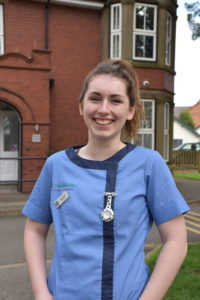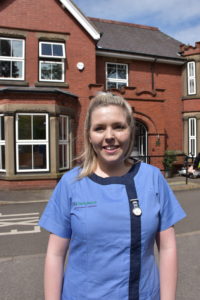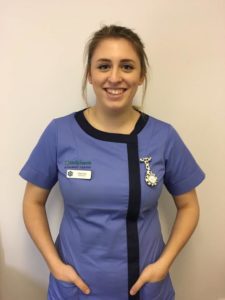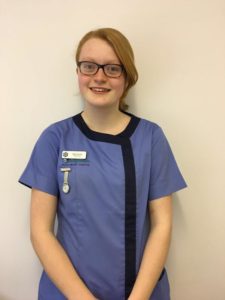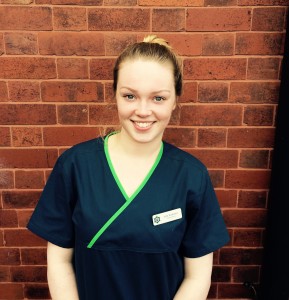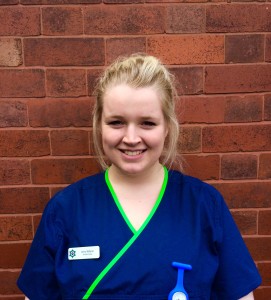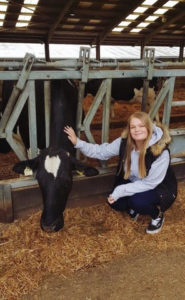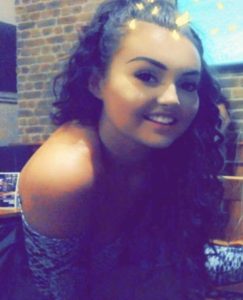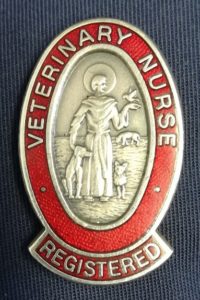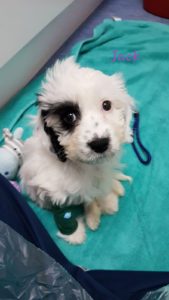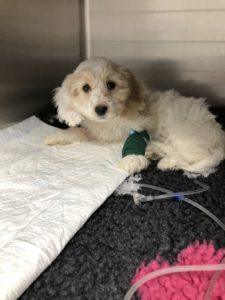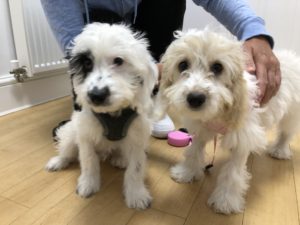Cat, our head nurse, gives more details about how to become a registered veterinary nurse:
Hollybank has been training Student Veterinary Nurse’s (SVNs) since 2009. In that time we have had a succession of students enrolled with Harper Adam’s University complete their placements with us. To date all of these SVNs have been successful in completing their qualification and gaining their Registered Veterinary Nurse (RVN) status. Some have even decided to come back and work with us.
We welcome two new SVNs in the summer who will be working with us over the next 12 months.
How can you become a Registered Veterinary Nurse?
Veterinary nurse training is conducted through colleges and universities that offer qualifications approved by the Royal College of Veterinary Surgeons (RCVS) and their affiliated veterinary training practices. There is a core qualification and then two option pathways, one in small animal nursing and one in equine nursing. Level 3 Diplomas are offered on either a full-time basis or apprenticeship style alongside a job in a veterinary training practice. You need to have a minimum of 5 GCSEs at grade C/4 or above which MUST include mathematics, English language and a science subject.
Alternatively, you can undertake a veterinary nursing degree at university. Foundation (FdSc) or Bachelor (BSc) degrees are available and courses often include additional subjects such as practice management or animal behaviour. The courses last between three and four years, depending on which you choose. Degree courses include a significant proportion of practical training based in approved training practices alongside an academic programme.
Which course would suit you?
Vocational and higher educational qualifications in veterinary nursing both lead to registration as a RVN. If you are very practically-minded and prefer ‘hands-on’ work in a veterinary practice, vocational training is probably for you. A degree course will take a little longer but could lead to additional career opportunities such as research, the pharmaceutical industry or teaching.
Hollybank’s team of RVNs are a mixed bunch, some of us have completed the vocational
qualification and some the degree, but we all share the same registered status.

